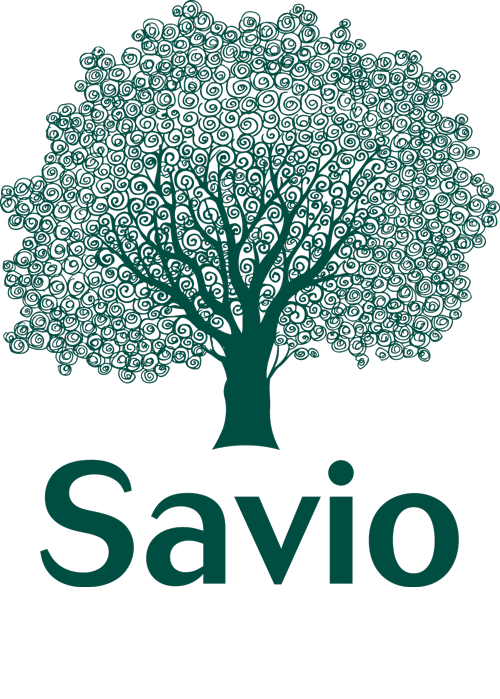Samantha's Strength
Content Advisory: Sensitive Story Ahead
The following story discusses child sexual abuse, trauma, and recovery. While it focuses on healing and resilience, some details may be emotionally difficult for those who have experienced similar situations.
If you find these topics distressing, please reconsider reading. If you do choose to read, please take care. If you need support, consider reaching out to a trusted friend, therapist, or support organization. Your well-being matters.
Samantha had already survived so much.
She had spent years walking on eggshells, bracing for her husband’s anger, shielding her children from his outbursts. Leaving him had been the hardest thing she had ever done, but she had done it. She had fought for stability, worked to rebuild a home where Luke and Harper could feel safe. Life wasn’t easy, but they were getting through.
Then the phone call came.
She recognized the number. Her heart pounded as she answered.
“We need to talk about Harper.”
Her stomach tightened. The words that followed shattered everything she thought she knew.
The investigation confirmed what had happened—what her little girl had endured. The realization hit like a blow she never saw coming. She had left him, but it hadn’t been soon enough. He had still hurt them.
Samantha’s world spun. How could she not have known? How could she not have protected them?
Everything moved fast after that. The court granted her full custody, and her ex-husband was arrested. But even with him gone, the damage lingered. Harper’s nightmares. Luke’s silence. The way her once-playful children now seemed small, uncertain.
Samantha tried to be everything for them. But how do you fix something like this?
When child welfare referred her to Savio’s Child First program, she was curious. She had no roadmap for this. No guide for how to erase the fear from Luke’s eyes or the questions from Harper’s mind.
So she called. In the months to come, the therapist didn’t just work with Harper and Luke. She worked with Samantha.
Harper’s therapy was gentle but intentional. Through play, through dolls, through doctor kits, she learned about safe and unsafe touch. She learned that her body belonged to her alone. She learned the words she needed to tell someone if anything was wrong.
Luke’s wounds were harder to see. He carried guilt, though he didn’t fully understand why. He didn’t know what happened, but he knew something bad had happened to his sister. And in his five-year-old mind, he should have stopped it.
Samantha’s heart broke for him. He was a child, yet he had taken on a burden that wasn’t his to carry.
The therapist guided her through conversations with him, helping her explain what no five-year-old should ever have to process. That he was not responsible. That it was never his job to protect his sister. That he was safe now, too.
She worked with Samantha, too, helping her set routines, respond to her children’s emotions with patience instead of panic, and rebuild a sense of security.
For the first time since that phone call, Samantha felt like she could do this.
But healing isn’t a straight line. Just when things seemed to be improving, the nightmares started again. Harper clung to her at night, terrified to sleep alone. Luke watched her constantly, his old guilt creeping back in.
Samantha felt the fear rising in her chest. What if nothing would ever be enough?
The therapist reassured her—this wasn’t failure. It was part of healing.
So Samantha kept going. She stayed steady for her children, even when she wanted to collapse herself.
And soon, Harper started to sleep again. Luke started to let go. And Samantha? She started understanding that she was the key to it all, and would continue to be.
Savio’s Child First Program is a two-generation home visiting program that helps heal and protect young children (prenatal through age 5) and their families from the effects of trauma and chronic stress. This research-proven approach focuses on building strong, nurturing relationships between caregivers and children and connecting families to community-based resources and supports.
If you suspect child abuse or neglect in Colorado, please do not hesitate to act. You can make a report by contacting:
Colorado Child Abuse and Neglect Hotline:
1-844-CO-4-KIDS (1-844-264-5437) -This hotline is available 24 hours a day, 7 days a week.
You can also report directly to your local county department of human services or law enforcement agency.

